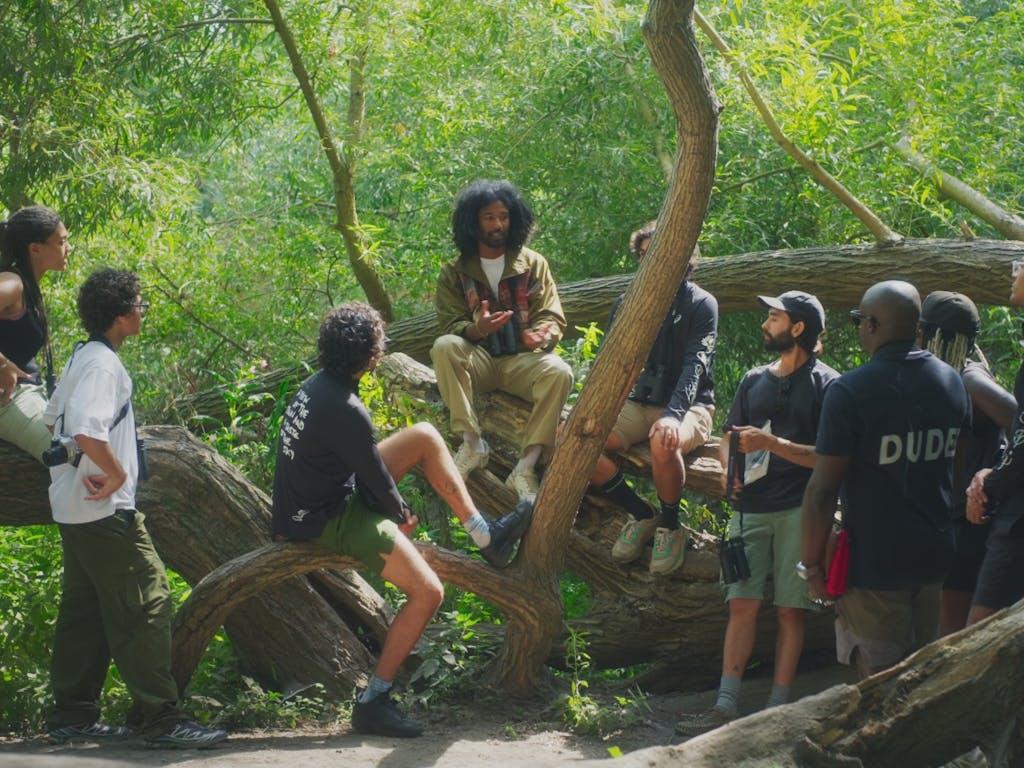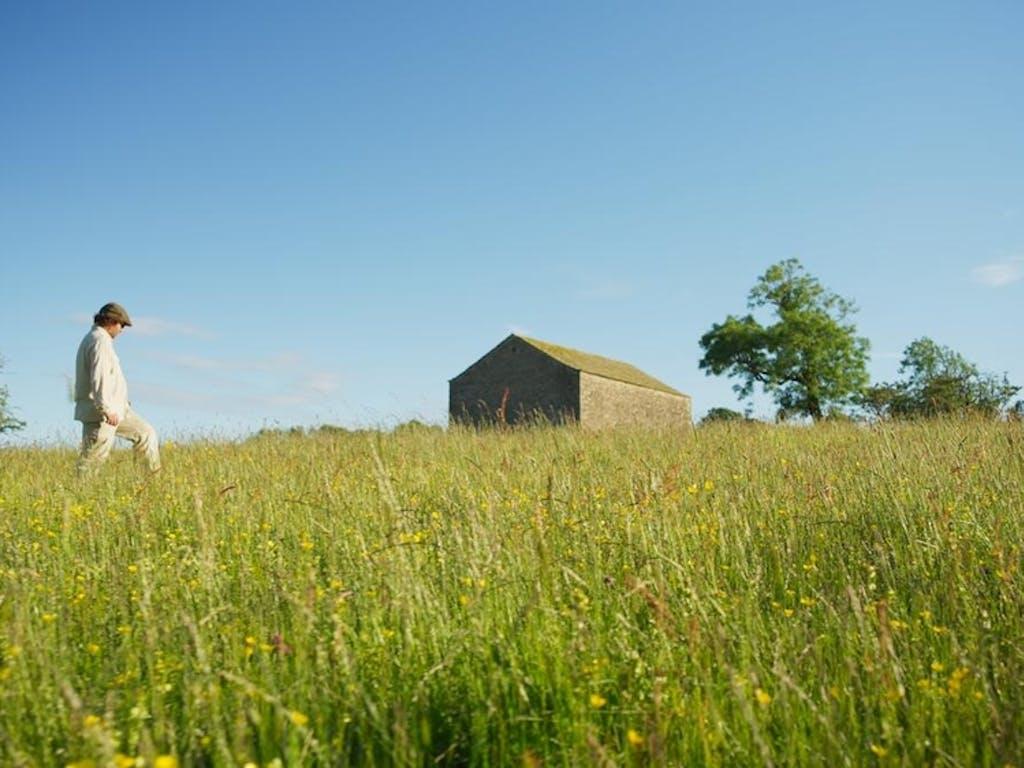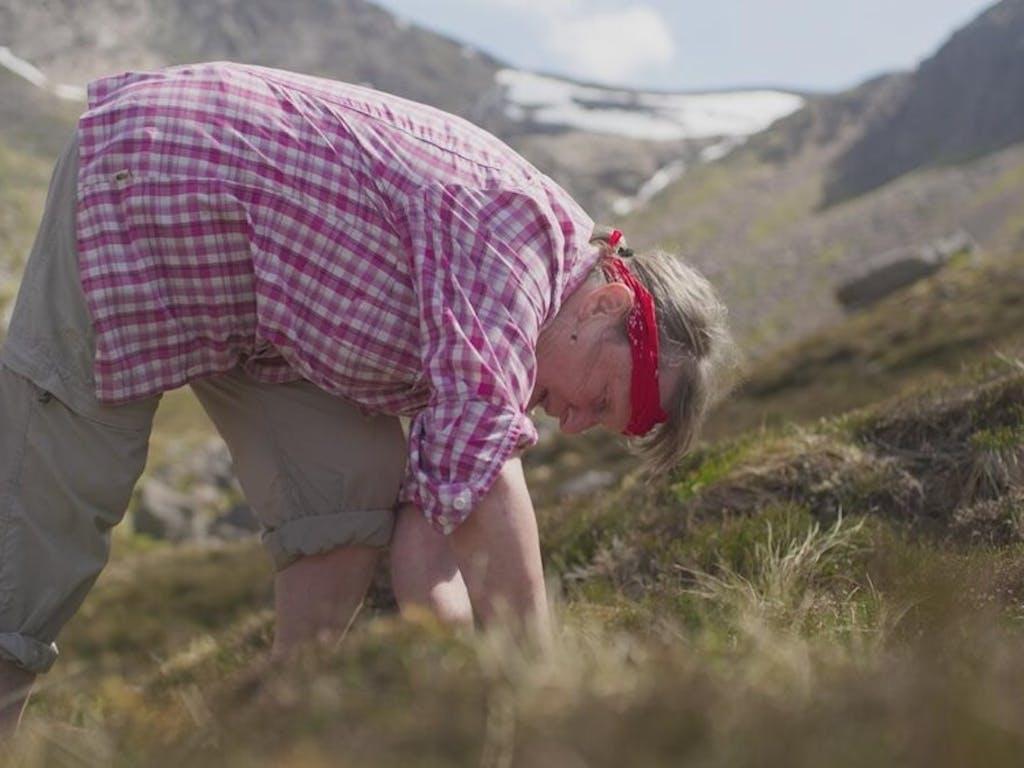Saving Our Wild Isles - The Film
A story of hope for UK nature
Get ready to be inspired as Sir David Attenborough tells a story of hope in a time of crisis for UK nature in Saving Our Wild Isles, available now to watch on BBC iPlayer. Commissioned by WWF, the RSPB and the National Trust, and produced by Silverback Films, the new documentary shares stories of passionate people across the UK who are working to bring nature back from the brink.


Change is urgently needed
The UK is globally important for nature. But today, one quarter of our mammals and one third of our birds are at risk of extinction, and we have been part of the problem. With our nature now at breaking point, and the UK among the most nature-depleted countries in the world, Saving Our Wild Isles brings to life that the scale and pace of change so urgently needed to save nature in the UK is not only possible – it is already happening.
“In this film, we will discover that we all need to urgently repair our relationship with the natural world. We now have a few short years during which we can still make a choice. Where just enough remains of the natural world for it to recover. This starts and ends with us.”
Sir David Attenborough, in Saving Our Wild Isles
Discover the full film on BBC iPlayer
We must play a part in restoring nature to our isles. Learn how you can play your part. Watch Saving our Wild Isles on BBC iPlayer.


Nature-friendly farming
Our farmland has experienced a disastrous decline in biodiversity, but there is hope. In Saving Our Wild Isles, we meet farmers who have transformed how they farm, giving nature a chance to thrive.
Neil Heseltine, a beef and sheep farmer in the Yorkshire Dales is part of the Limestone Country Project, helping to reverse land damage after intensive sheep farming. Neil reduced his flock from 800 sheep to just 100 and brought in Belted Galloway cattle to help create a diverse mix of habitats. Belted Galloways pull at clumps of grass, disturbing the ground so wildflowers can prosper.
At Lodge Farm in Suffolk, arable farmers Patrick and Brian Barker have encouraged good soil structure by reducing the amount they plough and minimising pesticide use. They’ve nurtured old hedgerows and planted new ones, restored ponds, and planted wildflowers on margins and meadows. They welcomed barn owls back to the farm and now have five pairs successfully raising chicks.


Restoring wooded landscapes
Temperate rainforests and ancient oak woodlands provide a refuge for countless species, but today only 13% of the UK is covered in woodland. The documentary journeys to Scotland, where volunteers and local conservationists are working hard to restore wildlife to the Cairngorms National Park.
The Cairngorms Connect Partnership has a 200-year plan to restore habitats across 230 square miles of the park, from pine forests, bogs and peatland to fast-flowing rivers and sub-arctic plateaus. It is home to some of our rarest wildlife with more than five thousand species having been recorded. Groups of experts and volunteers have planted over five million trees, including new willow trees that can withstand the area’s harsh mountain conditions. This work is benefitting the wildlife and the communities that live downstream.
“The truth is, every one of us, no matter where we live, can and must play a part in restoring nature to our isles. Never has it been more important to do this for ourselves and for our wildlife.”
Sir David Attenborough, in Saving Our Wild Isles







